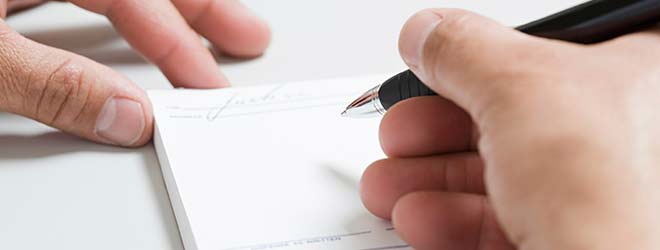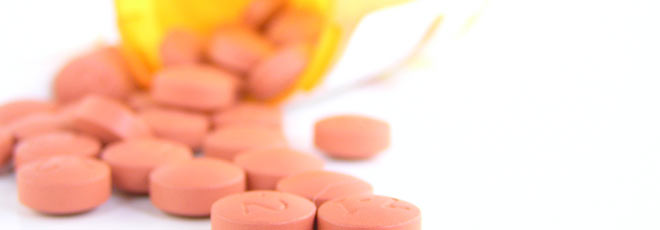If you have experienced a medication error by a doctor or other medical professional, you may be entitled to compensation for your medical bills, lost income and pain and suffering, among other losses. We are working with experienced medication error medical malpractice lawyers in RI and MA, who charge no fee unless you receive a settlement or award. Call us toll free 24/7 or contact us online for a free (no obligation) case evaluation.

Have You Suffered Complications or Side Effects
from a Medication Error?
Call Us Now For a Free Case Evaluation!
Why Are There Medication Error Medical Malpractice Cases?
Medication or prescription error is defined by the Food and Drug Administration and the National Patient Safety Foundation as:
any preventable event that may cause or lead to inappropriate medication use or patient harm, while the medication is in the control of the health care professional, patient or consumer.”
At first glance this may seem like a rare event, however, pharmacies in the United States make over thirty million medication mistakes every year. While some of these errors have a small impact, others can result in serious or life threatening injury. If you have been the victim of a medication error you may be eligible for compensation for your injuries.
What Are Common Medication Errors?
 Common Medication Errors include:
Common Medication Errors include:
- Wrong Medication: When the wrong medicine or prescription is given.
- Wrong Person: When you are given another person’s prescription.
- Mislabeled: When medication is labeled with your name, but the wrong medication is inside.
- Wrong Dose: When a patient is given the wrong dosage of their medication (too much or too little).
- Negligent Prescription: When the medication label doesn’t indicate the side effects, drug interactions, or allergic reactions.
- Failure to Counsel: When the pharmacist fails to clearly answer any questions you had about your medication.
- Unclear Writing: When mistakes are made while writing or filling the medication (unclear handwriting, or mixing up similar prescription names).
- Proper Use: Failure to know proper use of the drug.
If you have experienced any of the above medication errors it is important that you contact a medical malpractice lawyer to ensure you get the legal advice you need.
What Are the Causes of Medication Errors?
There are different variables that might contribute to these mistakes, including:
- Over Worked Staff – In many cases, pharmacists are expected to work long hours and fill large numbers of prescriptions in a shift. They are pressured to fill prescriptions as fast as possible and that is why mistakes are made. Some of the drug’s shape, size, and color are similar and can be easily confused. Human error happens, especially when the staff is tired and less focused.
- Inadequate Training – In some situations new pharmacists or pharmacy technicians aren’t receiving the mentoring and training that they should be. This can cause them to make mistakes, simply because they do not know any better and were not trained properly.
 Pharmacist Neglect – A pharmacist may neglect to advise a patient about the medications they are receiving. They may also be neglectful in supervising the pharmacy technicians who are responsible for measuring the drugs, labeling them, and dispensing them to the customer.
Pharmacist Neglect – A pharmacist may neglect to advise a patient about the medications they are receiving. They may also be neglectful in supervising the pharmacy technicians who are responsible for measuring the drugs, labeling them, and dispensing them to the customer.- Poor Communication – Communication between the doctors and pharmacists is important. Today, doctors may not have as much time to converse with the pharmacist directly, and the pharmacists are filling as many prescriptions as they can, as quickly as they can, so they don’t have time to speak with the doctors either. Because of this disconnect, mistakes are bound to happen along the way.
- Relying on Technology – Most, if not all, pharmacies rely on automated systems to prevent prescription error. Automatically generated refills, express prescriptions and other technology based procedures result in thousands of mistakes every year.
Why Are Medication Errors Happening More Frequently?
 In the past, a person’s relationship with their pharmacist would be similar to that of a doctor patient relationship. Patients would maintain a close relationship with their pharmacists and be aware of the medications they were receiving.
In the past, a person’s relationship with their pharmacist would be similar to that of a doctor patient relationship. Patients would maintain a close relationship with their pharmacists and be aware of the medications they were receiving.
In today’s world, pharmacists treat their patients more like customers. What used to be a personal transaction has now become a quick interaction or even a drive thru. Pharmacies are no longer locally owned, they are now operated by huge multi-billion dollar corporations, and operated through computer systems.
How Can You Avoid Medication Errors?

Know your medication! Something as simple as being aware of the characteristics of the medication you are being prescribed can help save you from error. You should ask your physician about its purpose, side effects, size, shape, and color. Always ask questions and even doing your own research can help. Read the prescriptions label carefully and make sure to follow directions. Make sure that you stick to a medication schedule and never remove medication from its original labeled container. Being responsible and aware when it comes to your prescriptions can reduce your risk of becoming a victim of medication error.
Why Call Us?
 If you have been a victim of a medication mistake, you may be entitled to compensation for your medical bills, lost income and pain and suffering, among other losses. It is important that you contact an experienced medical malpractice lawyer to handle your case. We are working with experienced medication error lawyers, who handle these types of cases. You can contact us by phone or fill out a contact form for a free (no obligation) case evaluation. There are no legal fees until you receive a settlement or reward.
If you have been a victim of a medication mistake, you may be entitled to compensation for your medical bills, lost income and pain and suffering, among other losses. It is important that you contact an experienced medical malpractice lawyer to handle your case. We are working with experienced medication error lawyers, who handle these types of cases. You can contact us by phone or fill out a contact form for a free (no obligation) case evaluation. There are no legal fees until you receive a settlement or reward.
